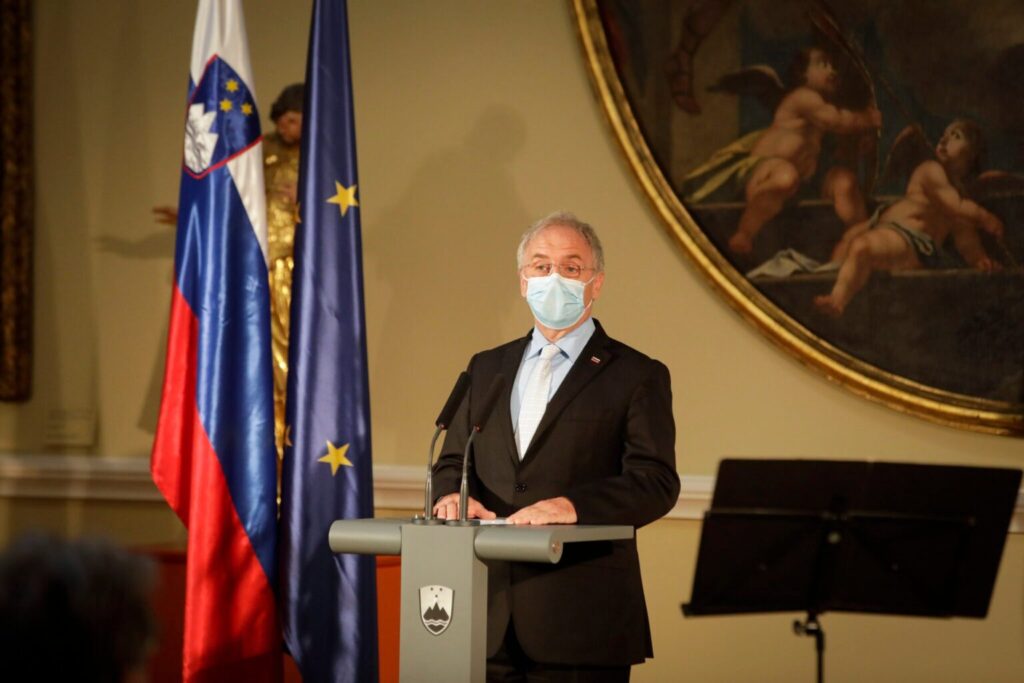Yesterday, the Minister of the Interior, Aleš Hojs, responded to the accusations that the proposed introduction of a fine for indecent behaviour towards government officials establishes a privileged category of citizens. As he pointed out, the most exposed representatives of the state in all democratic countries are especially protected.
As Hojs explained, the decision to amend the law on the protection of public order and peace, which also includes a fine of 500 to 1,000 euros for indecent behaviour towards an official in official business and the highest representatives of the authorities and their relatives, was decided because they found that the police were powerless in such cases of attacks.
According to him, during the July attacks on members of the National Assembly, the police warned that they could not punish such acts. Prosecution for this type of crime is a matter of each individual, which can be initiated by an individual report, he added.
Hojs is convinced that with the proposed measure, they gave a signal to the public that such behaviour towards the highest representatives of the state is unacceptable and that they will, “if nothing else holds, be regulated by law.”
Opposition parties LMŠ, SD and Levica reacted critically to the measure on Wednesday. “I am surprised that even those who have ever been subjected to such attacks do not support this proposal more strongly, because something like this can happen to them when another government takes office,” Hojs commented on their response.
The Minister of the Interior also responded to allegations that the introduction of such a measure is the introduction of Article 133 from the times of the former Yugoslavia. But according to Hojs, Article 133 referred to hate speech in the sense of hatred against the communist system, and not to insult the highest representatives of the state.
If we all want to contribute to a different culture in society, in his opinion, it is necessary to accept the proposed measure.
According to Hojs, a physical attack on a member of parliament in front of the parliament is also completely different from verbal confrontations on social networks, as communication there takes place indirectly. But he also estimates that such engaging is inappropriate.
“Every word can also end in physical violence, but interestingly, many are now turning to words on Twitter, and what some are doing on the streets (…), which happened in the years before the great rise of Nazism, is not mentioned very often,” added Hojs.
The Legal Network for the Protection of Democracy also strongly opposes the proposal. STA reported that the proposal contradicts the case law of the European Court of Human Rights, according to which holders of high political positions must endure more than is the case for ordinary people. They added that the proposal also has a frightening effect, it establishes a privileged category of citizens and is unclear in terms of content and consequently inappropriate.
The National Assembly will decide on the introduction of a fine for indecent behaviour towards an official in official business and the highest representatives of the authorities and their relatives, among other things, as part of the discussion of the proposed amendment to the Protection of Public Order and Peace Act. The proposal for the amendment, which was submitted by the coalition MPs, was prepared by the Ministry of the Interior, and the government also agrees with it.


